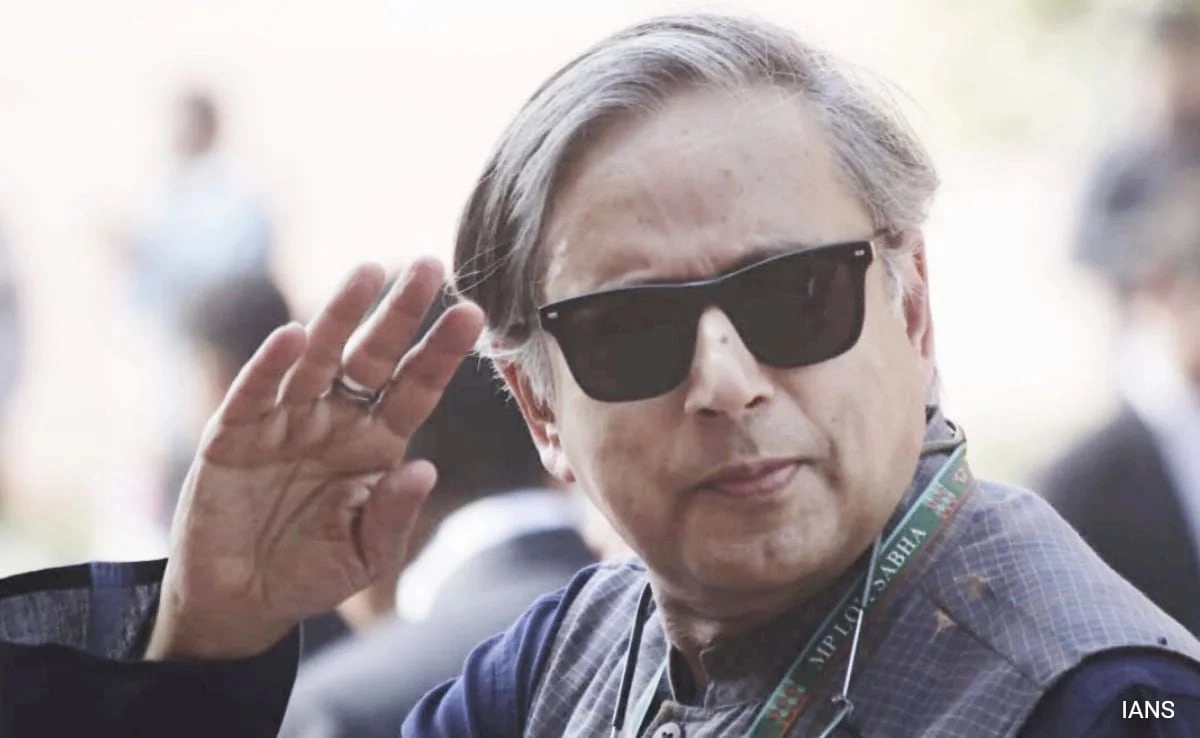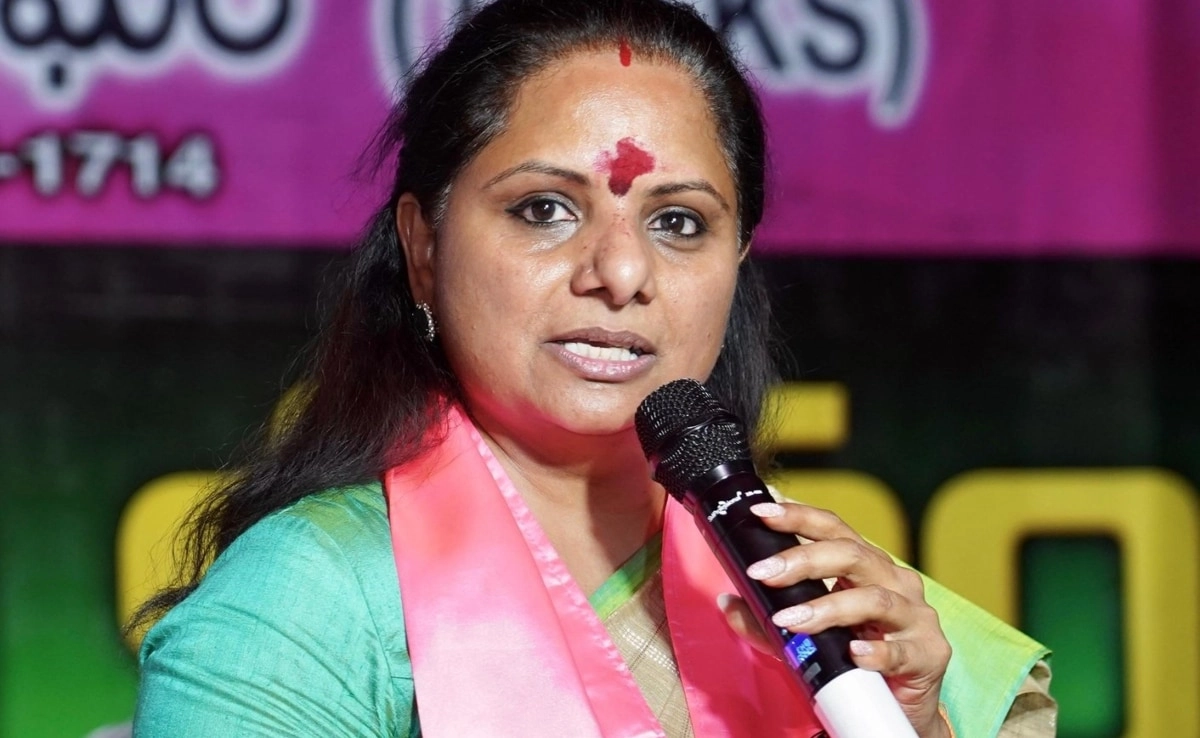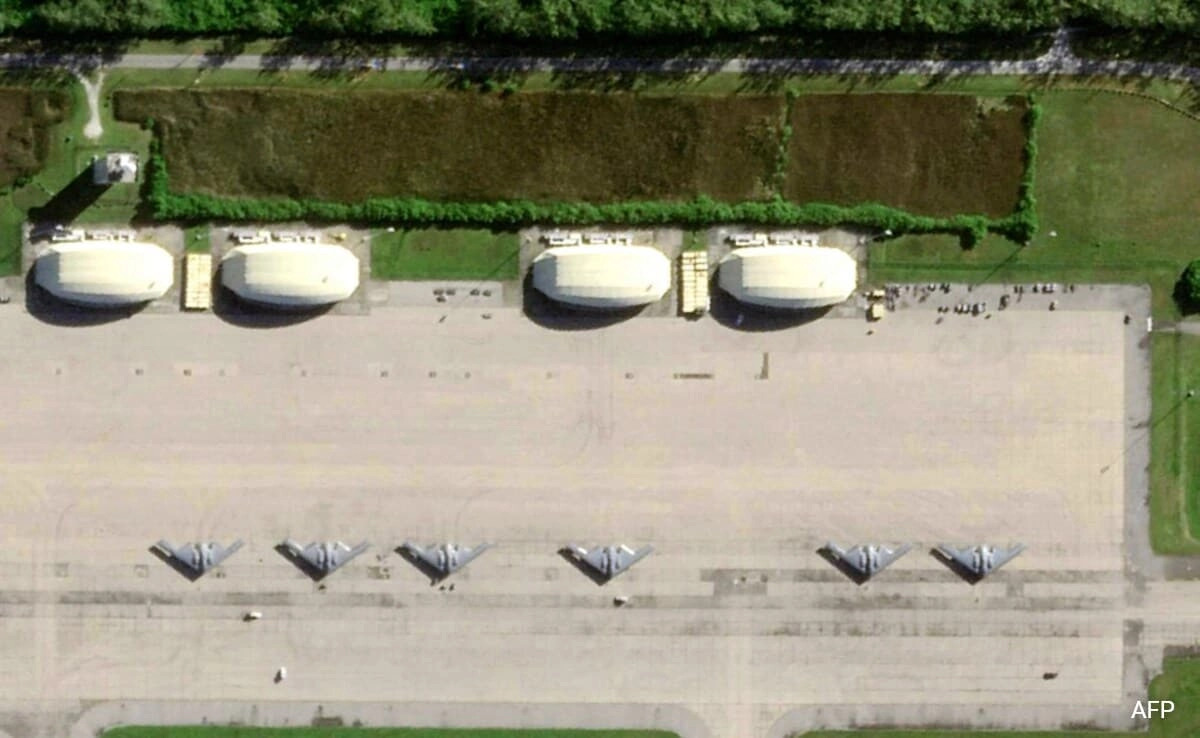Shashi Tharoor, the prominent Indian politician and author, recently provided insightful commentary on the ongoing discussions at the United Nations, particularly regarding the dynamics between Pakistan and India. In his analysis, Tharoor highlighted the perceptions that have shaped Pakistan’s approach to international diplomacy, suggesting that they believed they held a significant advantage in these discussions. However, he argued that this sense of superiority might not align with the actual outcomes observed in the negotiations.
Tharoor pointed out that Pakistan’s strategy has often relied on leveraging international support to bolster its position, especially in conflicts involving India. He emphasized that while Pakistan might have perceived a favorable stance due to its diplomatic efforts, the reality of the negotiations often tells a different story. The complexities of global politics, including shifting alliances and the priorities of major powers, can undermine what one nation perceives as an advantage.
Furthermore, Tharoor urged for a nuanced understanding of the geopolitical landscape, where the interests of various nations can dramatically alter the balance of power. He noted that the evolving nature of international relations requires countries to adapt their strategies continuously. For Pakistan, this means reassessing its diplomatic endeavors and recognizing that perceptions of advantage can be misleading. Ultimately, effective diplomacy hinges not just on perceived strength, but on the ability to engage constructively with a diverse array of global players.
In conclusion, Shashi Tharoor’s reflections on the UN talks serve as a reminder of the intricate nature of international relations, where perceptions can often diverge from reality. The commentary underscores the importance of strategic adaptability and the need for countries like Pakistan to navigate the complexities of global diplomacy with a clear and realistic understanding of their position.




